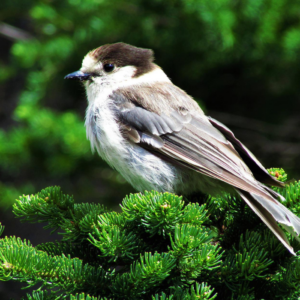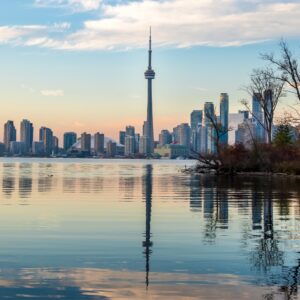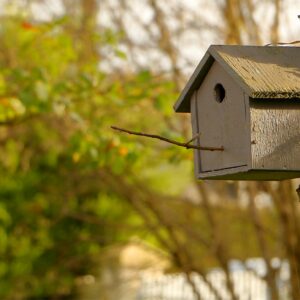Motivating a municipality towards biodiversity protection
Back in 2015, a group of naturalists got
together to make a difference for nature. We decided to persuade the City of
Delta, our home town, to adopt a strategy protecting its rich biodiversity, some
of the finest in Canada. This includes internationally-important migratory
birds in Boundary Bay and the Fraser River estuary, and unique plant life in
Burns Bog. As a founder member of Delta Naturalists in 1988, a keen naturalist,
author of nature guides, and a Woman for Nature member, I have a strong
motivation to see nature protected.
Neighbouring communities had some
strategies for protecting biodiversity (Surrey) or focused on birds (Vancouver)
but we wanted to be the first to have a municipal Birds and Biodiversity
Conservation Strategy. Working with a small committee of members, we created an
illustrated presentation on the club’s ideas and on 2 November 2015, Delta
Naturalists’ President, Tom Bearss, and I presented it in a delegation to Delta
Council. The ideas were well-received. Following a public consultation process,
the Delta Birds and Biodiversity Conservation Strategy was completed by
municipal staff and accepted by Council in February 2018, just in time for the
big International Ornithological Conference (IOC2018) that brought visitors
from all over the world to Delta.
Delta’s Birds and Biodiversity Conservation Strategy is a detailed 22-page long report that can be viewed online. The Delta Naturalists Society is a group of about 120 nature enthusiasts living in the Lower Mainland area of British Columbia, one of the multitude of clubs linked to BC Nature, the provincial federation. Our club’s working group, the Birds and Biodiversity Conservation Committee, meets regularly to ensure that the municipal Strategy is being adhered to, and to create materials to augment the public outreach component of the Strategy. One of the positive outcomes of our approaches to Delta Mayor and Council has been municipal funding for our two brochures on birds and birding in Delta. Tens of thousands of these have now been printed and distributed around Delta and beyond, and they have been used as a template by a number of other local naturalist clubs. They may have helped people get into birdwatching, an activity that is rapidly growing, as the rise in numbers of monthly visitors to Reifel Bird Sanctuary demonstrates. We also hope that with an increased appreciation of bird life in Delta, people will understand the need to protect the habitats that sustain them, many of which are under threat of developments.
Since, all too often, documents like the
Strategy just languish without much action, our committee has adopted a
pro-active approach to working on the various goals. In the last year, for
example, we met to discuss the Strategy with Delta’s Parks and Recreation
staff, the Engineering department, and with Climate Action and Environment
staff, who were instrumental in writing the Strategy. We have also had a
meeting with Metro Vancouver environment department staff. These meetings have
been beneficial in presenting Delta Naturalists’ interests in a healthy
environment for wildlife and people to the government staff responsible for
maintaining that environment. We have plans for a meeting with provincial staff
in the near future, as well as participating in a workshop with multiple
departments and agencies that Delta is in the process of organizing.
Our Committee decided to do an update and “what’s next” approach to the new Municipal Council in August 2019, as some of the Council members were newly-elected. Tom Bearss and I again gave a slide presentation, this time including items such as improved control of loose-running dogs, more coordinated signage, adequate dyke parking to reduced conflict with local farmers, provision of washrooms, and other such public-oriented actions, in order to encourage people to “Experience Delta naturally”. We highlighted several areas of the Strategy that needed immediate attention, such as tree planting and protection of vulnerable Barn Owls from rat poison, and we requested continued funding for our bird brochures. Finally, we floated the idea of a BioBlitz in 2021. Our recommendations were again unanimously accepted and Council were particularly pleased with the “Experience Delta naturally” theme. (This presentation is also in the Delta online files.)
Now our Committee is working on a series of
brochures on plants, marine shore life, fungi, animals, insects, etc. using our
members’ beautiful photos, and on a Delta bird checklist – surprisingly there is
not one specifically for the municipality. These materials will be very helpful
when it comes to the BioBlitz next year, as well as being a great resource for
the general public, school children and our members. Committee members also
plan to meet with staff from BC Environment, who have responsibility for the
Wildlife Management Areas in Delta, and to continue our discussions with staff
from local and regional government. By working together and educating the
public we hope to have a positive impact on wildlife and habitat protection in
our community.



